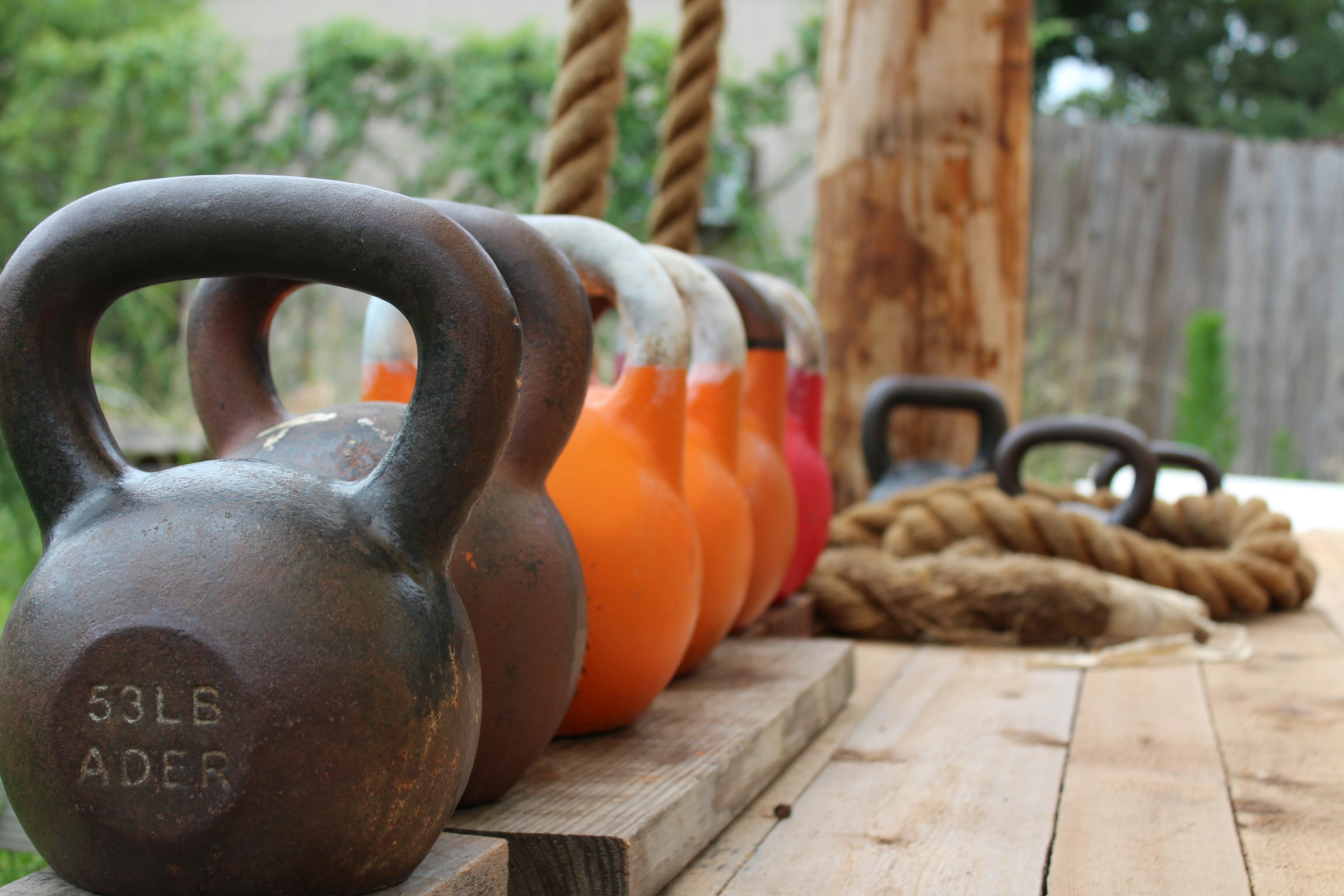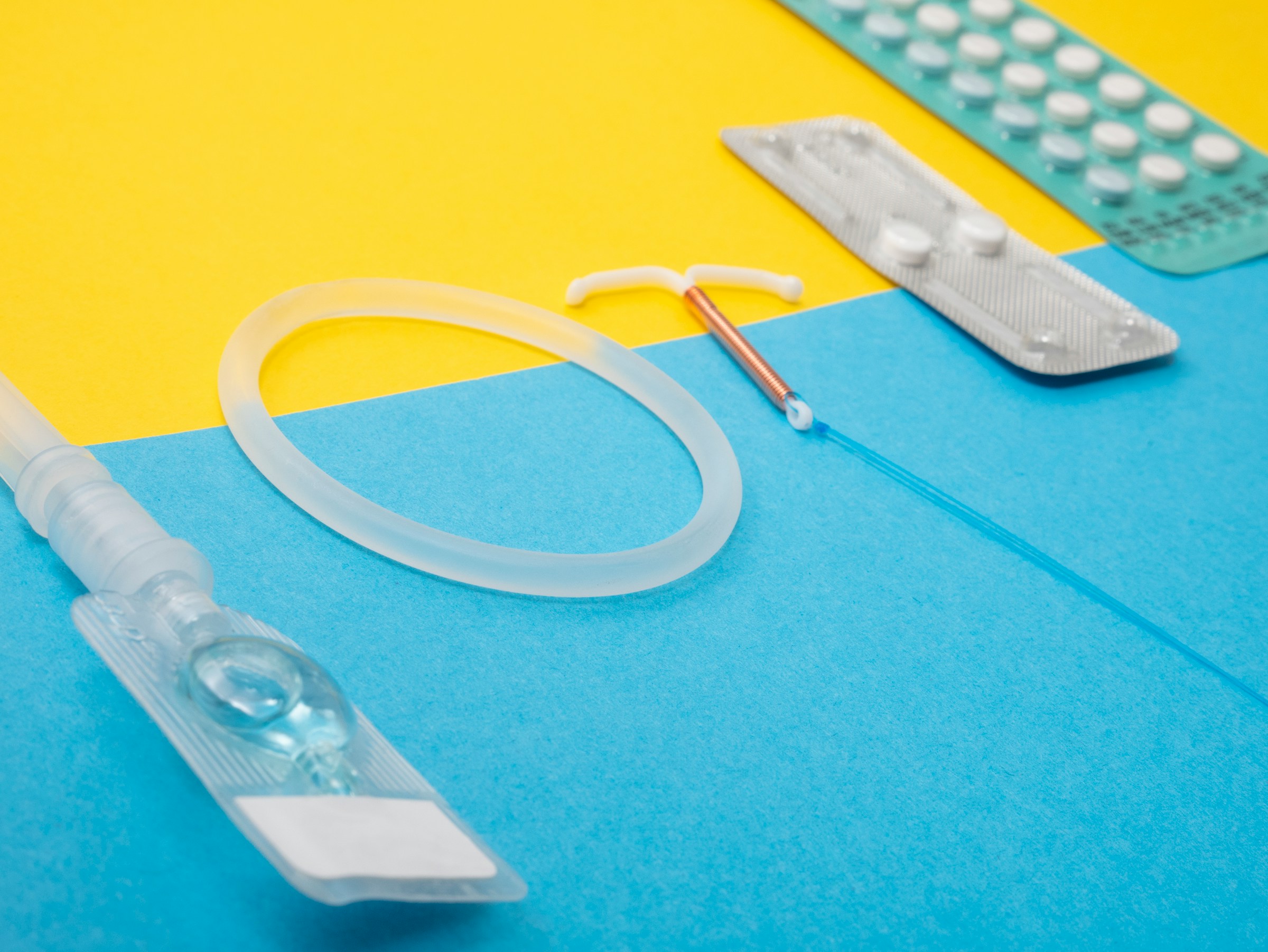In this article I would like to give an overview of the thyroid gland, what can go wrong, and how to naturally support your thyroid. I will do my best to not get “into the weeds” too much about any one specific thyroid condition. If you’d like me to further discuss a topic, be sure to leave a comment below!
What is the Thyroid Gland and What Does it Do?
The thyroid gland is a butterfly shaped gland in the front the neck a few inches above the sternum. The thyroid gland’s main role is setting the rate of metabolism, growth, and development for the body. Thyroid hormones affect almost every cell in the body.
The thyroid’s function in metabolic rate is one reason that calories in vs. calories out is a much more complex equation than fitness gurus want you to think it is. Someone with low thyroid hormone will have a very difficult time losing weight until they correct the thyroid issue. Let’s look at some definitions first.
TSH, T3, T4, Reverse T3, TPO, TGB, What Does it All Mean???
Thyroid Stimulating Hormone (TSH) – TSH is produced in the pituitary gland. Think of the pituitary gland as the thyroid’s boss. If the thyroid gland isn’t producing enough T3 and T4 then the pituitary releases TSH to tell it to produce more. When T3 and T4 are at the right level TSH is not produced.
Thyroxine (T4) – T4 is the main thyroid hormone produced in the thyroid gland with tyrosine and iodine. This is the inactive form of thyroid hormone and serves as a reservoir for T3. Most T3 in the body comes from other organs and cells converting T4 to T3 using selenium and zinc.
Triiodothyronine (T3) – T3 is the active thyroid hormone. Some of the functions of T3 include:
- Increased metabolism
- Heart function regulation
- Muscle function, strength, metabolism, and responsiveness
- Temperature regulation
- Reproductive function
- Bone growth and strength
- Nervous system function (improving brain function and alertness)
Reverse T3 (RT3) – RT3 can be thought of as inactive T3 and acts as a way to fine tune how much T3 is used. It can be thought of as a brake on thyroid activity. This is important during times of high stress, starvation, or illness when energy need to be conserved.
Thyroid Peroxidase (TPO) – TPO is an enzyme that helps with the production in thyroid hormones. Hashimoto’s thyroiditis is an autoimmune disorder where the body produces antibodies against this enzyme and thyroid hormone production is slowed down. A TPO Ab (antibody) test is important for diagnosing Hashimoto’s.
Thyroglobulin (TGB) – TGB acts as a precursor to thyroid hormones. Iodine is attached to TGB to create thyroid hormones. When the body produces antibodies against TGB this can also reduce the amount of thyroid hormones produced and leads to Hashimoto’s.
Thyroid Stimulating Immunoglobulin (TSI) and Thyroid Receptor Antibodies (TRA) – These are both often elevated in people with Grave’s disease. This causes too many thyroid hormones to be produced.
Thyroid Labs
Phew… Now that we have the definitions out of the way, what labs are needed? Is it really enough for your doctor to only order TSH to monitor your thyroid?
One more piece of information I need to get out of the way first. Most thyroid hormones (99.97%) are bound to proteins, meaning they won’t readily activate any cell receptors they come in contact with. This is why I recommend ordering free T3 and free T4 levels, so you know what is actually available to the body.
Here is the minimum I would order if I suspected a thyroid issue:
- Free T3
- Free T4
- TSH
Much better would be to add:
- TPO Ab
- TGB Ab
- Reverse T3
If I suspected hyperthyroidism/Grave’s or labs came back as hyperthyroid:
- TSI
- TRA
To answer the above question about just checking TSH I would argue that, no, just TSH isn’t enough. This is because you only see what the pituitary gland is doing. By checking free T4 and T3 you are actually seeing what the thyroid is producing and may see an issue such as conversion from T4 to T3. This would look like normal or high T4 with low T3. Selenium or zinc could be perfect here.
Even if both T4 and T3 are low you don’t know why they are low,
- A high RT3 can indicate:
- Anemia
- Inflammation
- High Cortisol
- High Estrogen
- High Insulin
- Low Dopamine
- Low Serotonin
- High TPO Ab and/or TGB Ab would indicate Hashimoto’s
- Autoimmune disorders have many causes
- Food allergy (gluten or dairy are most common for thyroid)Chronic infectionHeavy metals
- Medication reaction
- Autoimmune disorders have many causes
These labs could also clue you into an issue with the pituitary gland if TSH is too high or too low and thyroid hormones follow TSH.
Natural Support for Thyroid Conditions
If I haven’t lost you yet, let’s finally talk about how to improve thyroid function!
Lifestyle
I mentioned earlier that RT3 is increased during times of starvation so the worst thing you could do to lose weight with a thyroid issue is to starve yourself with a low-calorie diet. Aim for eating the best quality food you can. Get lots of protein from animal products and healthy fats. Check out the linked articles for more information on that. Reduce sugar and carbs as much as possible. You could even consider keto for a few weeks (2-4 weeks). Remember, insulin increases RT3 therefore lowering your metabolism. This high-quality way of eating will also help to lower your inflammation as there will be less food additives and unhealthy fats creating problems.
Next step, if there are any food allergies or suspected food allergies avoid those foods 100% for at least 6 weeks. Monitor all your symptoms, see what goes away, and see what comes back with reintroduction of the foods you avoided. Be sure to introduce one food at a time and give it 3-4 days to see if adding that food back in brings any symptoms back.
If you suspect a medication reaction, look up the insert or common side effects of the medications you are on and consider talking with your prescribing doctor about it.
If you’re suspecting an infection, it is best to work with a holistic doctor that can help you determine what herb(s) you specifically need. Remember that herbs shouldn’t cause a negative (“die-off”) reaction, that’s just you reacting to the wrong herb or too high of a dose.
Nutrients to Support the Thyroid Gland
- Iodine
- Selenium
- Zinc
Iodine is the most well-known nutrient for the thyroid and for good reason. About 75% of iodine stores are in the thyroid gland, the rest of iodine is stored in healthy female breast tissue, ovaries, and prostate. Low iodine can often lead to breast tenderness or fibrous breasts.
Be careful with iodine, taking iodine with Hashimoto’s can sometimes worsen the condition and too much in anyone will often cause nausea.
Selenium and Zinc are used to convert T4 to T3. Low conversion to T3 may be due to overproduction of reverse T3 so make sure to check RT3.
There are many other nutrients that can help thyroid function, but it depends on what else is going on in the body to determine what you need.
Thyroid Made Simple!
Kind of… I tried my best to stay out of the weeds, but as you can see there is a lot that affects the thyroid and a lot the thyroid can affect. In the simplest terms I can put it, if you live a very healthy lifestyle with good quality food, exercise, sleep, and low stress, you will be set up to have a well-functioning thyroid gland.
There may still be an underlying infection or other conditions driving your thyroid issue. That is why I suggest working with a holistic doctor who can help you work through why you have a thyroid condition to begin with so you don’t have to go through the trial and error and frustration that comes with working through that on your own.














Leave a Reply
You must be logged in to post a comment.